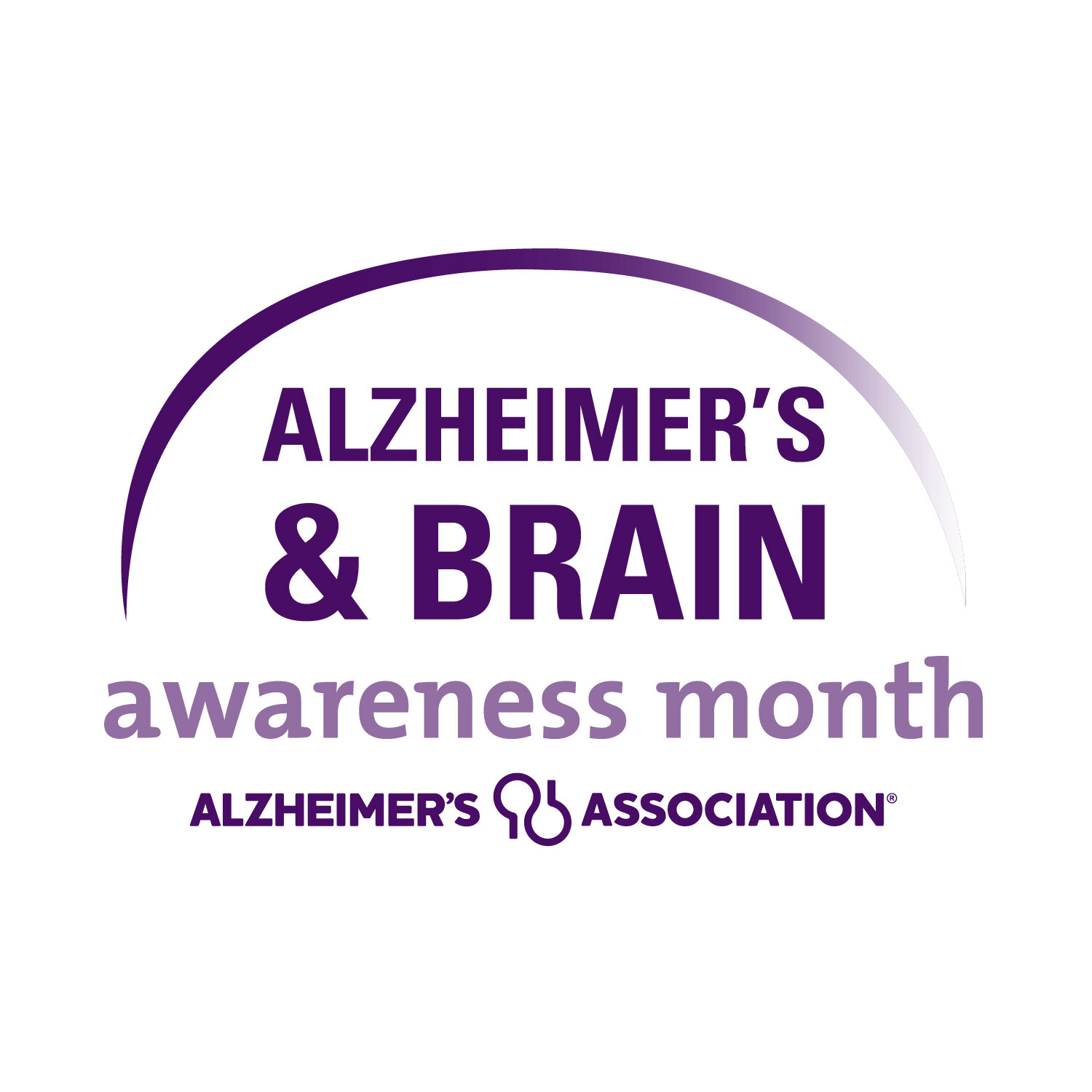Alzheimer's Association Long Island Chapter: Why brain health should never be overlooked
June was Alzheimer’s and Brain Awareness Month, but the Alzheimer’s Association Long Island Chapter offered tips about brain health that are useful year-round.
About 426,500 New Yorkers aged 65 and older are suffering with Alzheimer’s disease, according to the Long Island chapter, adding that more than seven million nationwide are afflicted with the disease.
While symptoms become more severe later in life, the brain changes that cause Alzheimer’s can begin decades before symptoms start. That time period is critical for people at risk of Alzheimer’s and other forms of dementia to catch the symptoms as early as possible.
“We want people to know that there are steps they can take to potentially reduce their risk of cognitive decline,” the Long Island chapter said. “And we also want to encourage anyone experiencing memory or thinking problems to see their doctor.”
The Alzheimer’s Association began recognizing June as Alzheimer’s and Brain Awareness Month in 2014, with a keen eye on fundraising for dementia research, educating the public about brain health, and connecting the families and caretakers of people with Alzheimer’s to quality care and support.
“Alzheimer’s and Brain Awareness Month offers the perfect opportunity for New York residents to take charge of their brain health,” Lori Maldavir, the chapter’s director of program outreach, said in a release. “We want people to know there are steps they can take to reduce their risk of cognitive decline, potentially.”
The Long Island chapter provides a community and support system for people with Alzheimer’s, and their family, friends and caretakers, while raising awareness of the importance of brain health, Francesca Todaro, the chapter’s community educator, said.
“I feel like a lot of people that have Alzheimer’s, or are confused about Alzheimer’s and other dementias, really could use the education and resources that the association can help them with,” Todaro said. “I know I’ve been in that position, and it’s really helpful to have that information.”
Todaro’s father was diagnosed with Lewy body dementia and Parkinson’s disease in 2021. Symptoms of Lewy body dementia include changes in sleep, behavior and cognition — meaning it’s not always tied to memory loss. The Long Island chapter connected the Todaro family with valuable resources, support groups and attorneys that helped secure finances. Since then, she has used her experience to educate people in similar circumstances.
“One thing I always like to tell people in my program is that you’re not alone,” Todaro said.
The warning signs for Alzheimer’s include disruptive memory loss, difficulty completing familiar tasks, and changes in mood and personality. The association compared examples of dementia with non-threatening, age-appropriate changes to the brain. Some changes that are normal as people age include slower processing speeds and multitasking difficulties.
The chapter’s advice to mitigate the risk of dementia includes cognitively stimulating activities, such as playing chess and focusing on the health of other parts of the body.
According to the association, a heart-healthy diet could have additional benefits for brain health due to a potential connection between high blood pressure and dementia that is being further researched.
“What is healthy for the heart is healthy for the brain,” Todaro said.
The Long Island chapter’s fundraising events double as experiential learning that can help people with dementia. Activities like knitting and cooking can help those suffering from the disease retain familiarity while completing tasks.
“If you are inclined to get the disease, you need to stay active,” Tinamarie Hardekopf the Long Island chapter’s director of development, said. “We have people (participate in) do-it-yourself fundraisers that they can tie into when they’re available, and to their specific hobbies and clubs that they belong to or organizations that they’re interested in.”
Programs this past June included events such as The Longest Day, a summer solstice-themed fundraiser, which invited participants to exercise with sports, play games, bake, and partake in other memory-preserving activities. The Longest Day is one of the year’s major events, helping the Long Island chapter reach its annual $1 million fundraising goal.
In addition, the 2024 Walk to End Alzheimer’s — one of the chapter’s largest fundraising and community outreach efforts — is slated to take place in Eisenhower Park in East Meadow on Oct. 6. Hardekopf said the walk further acknowledges that heart health is related to brain health, and she encouraged all who are at risk for the disease to maintain a healthy lifestyle.
“It’s important to mention that the recent studies have linked brain health and heart health,” Hardekopf said. “Healthy living is so important — eating well, exercising, being social, keeping up with your hobbies, you know, doing puzzles, things like that. Sitting at home is not going to help you fight.”
To learn more about future events and the warning signs of Alzheimer’s, visit ALZ.org/LongIsland. To learn more about future fundraising events and walks, visit ALZ.org/LIWalk.






